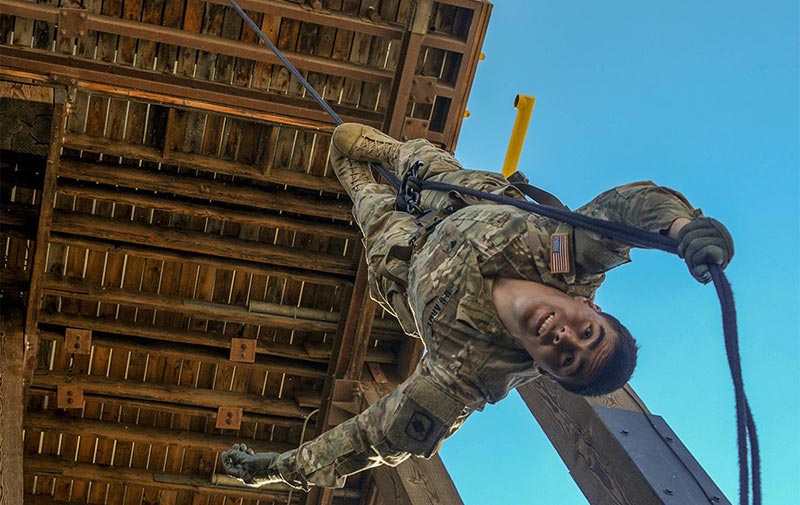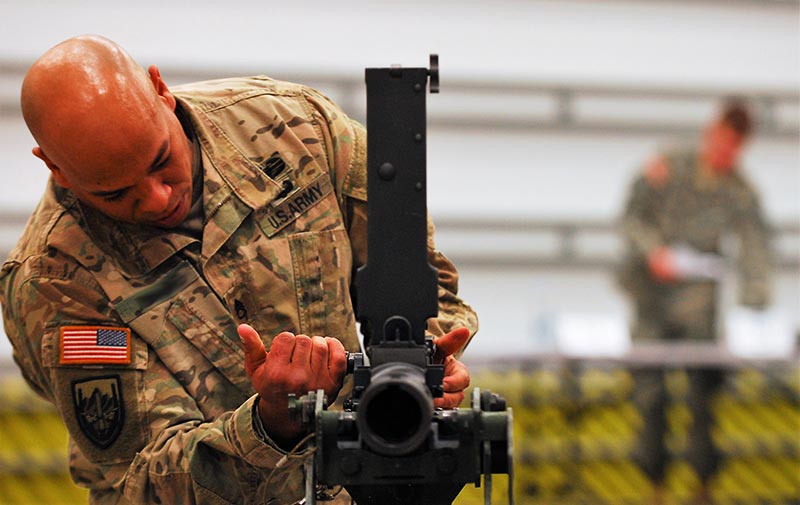Six Tell-Tale Signs You Are Self-Aware
Self-awareness is described as being aware of oneself, including one’s traits, feelings, and behaviors. Review the questions in the interaction below to learn more about the characteristics of a self-aware leader.
If you answer yes to these questions, it’s likely you’re self-aware. If you answer no, take time to develop these characteristics so you can continue to grow as a leader.
1. Can you sense how others will react to you?

If you find that you can often sense how others will react to your actions and decisions, then you have some level of self-awareness. Leaders with this characteristic are good at knowing how their actions will be perceived and translated by others. They use this knowledge to clarify communications and better influence others, when required.
2. Do you know your strengths and limitations?

If you do know your strengths and limitations, then you’re well on your way to being self-aware. Self-aware leaders leverage their strengths to offset or overcome their weaknesses. They also know when a task is outside their realm of expertise and ask for assistance, training, or resources. Those who don’t know they have limitations continue to perform at substandard levels without realizing it.
3. Do you identify changing situations?

If, when a situation or environment changes, you can see that it’s changing and how you need to adapt, then you possess a level of self-awareness. Self-aware leaders are able to make accurate assessments of changes in the environment and then determine their personal capabilities and limitations to operate in that environment. They translate their prior training to a new environment and seek out new information when the situation requires it. They’re insightful, flexible, and innovative.
4. Do you routinely assess yourself?

Self-aware leaders routinely assess themselves, including their actions, decisions, and capabilities. They’re open to feedback and actively seek it. The goal of self-aware leaders in obtaining feedback is to develop an accurate self-perception by understanding other people’s perceptions of them. They know that self-awareness is a continuous, lifelong journey.
5. Can you correctly anticipate feedback?

Self-aware leaders are unlikely to be surprised by the feedback they receive from others and can correctly anticipate the feedback they’ll receive. This is because they tend to know themselves well, including their strengths, weaknesses, limitations, and effect on the environment and others. However, this doesn’t mean that they avoid feedback. Quite the opposite. Self-aware leaders solicit input from others to constantly check their understanding of a situation and themselves.
6. Do others view you as you view yourself?

If there is alignment between how you view yourself, or your self-identity, and how others perceive you, then you possess some level of self-awareness. Self-identity is defined as the attitudes a person holds toward himself or herself, including the view of his or her strengths and limitations. Greater self-awareness allows a leader to develop a self-identity that closely aligns with how others perceive the leader. This alignment creates a connection between the leader and others that can be used to enhance one’s leadership in motivating, influencing, and communicating with others.